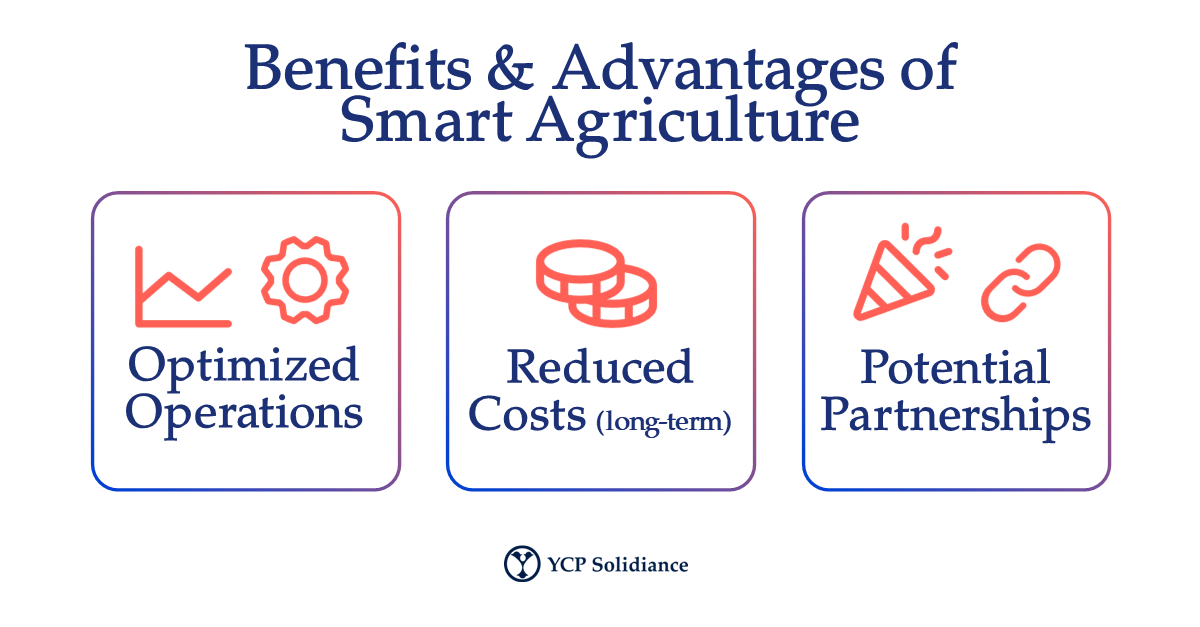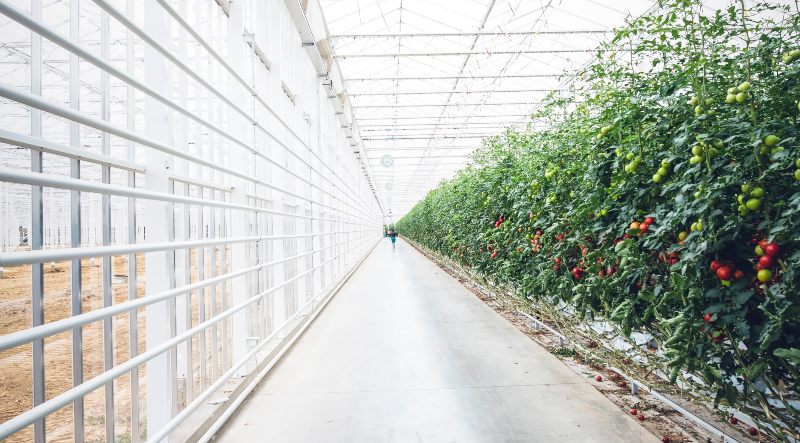Hoping to further encourage the shift toward Smart Agriculture, Thai agricultural solutions provider Chia Tai announced the start of a new business this August 2022. This venture will be known as FarmInno and will aim to use state-of-the-art agricultural technology, while also hoping to advance the entire Thai agriculture industry by promoting smart solutions.
As such, agriculture in Thailand is expected to undergo a transformational period with companies like Chia Tai at the helm of a transition toward Agricultural 3.0 or Smart Agriculture—a term that refers to the use of machinery equipped with digital tools and smart capability.

Data from a 2020 study by the FFTC Agricultural Policy Platform (FFTC-AP) on smart farming in Thailand revealed that there were several barriers to growth, namely: the aging population of farmers, labor shortages, lack of access to proper smart technology resources, lack of funds or capital, and poor implementation of national smart technology policies, among others.
While such challenges may initially be unattractive to those wanting to explore the smart agriculture market in Thailand, some solutions can be applied. Specifically, investors should first look to enable smart agriculture in a small-scale setting as it will cost less while also mitigating potential losses. Those seeking out partnerships with smaller farms can also take more time to perform risk assessments properly and accurately, thus becoming more selective in their criteria for collaboration. More importantly, a small-to-large-scale approach will allow for gradual, consistent, and stable development as opposed to accelerated, risk-heavy implementation.
In Thailand, there have already been successful instances of small-scale smart agriculture. For example, some shrimp farmers have transitioned from using outdoor ponds to indoor tanks. This application of smart technology has allowed farmers to create a controlled environment that nullifies threats related to inconsistent climate conditions. Although it may initially be expensive, the increased operational efficiency and improved environment will net better long-term profit.
Outlook of Smart Agriculture
Moreover, given that both the private and public sectors recognize the value of smart agriculture, it is likely that partnerships originating from domestic and foreign sources alike will occur in Thailand. Expect public sector proponents like government agencies to incentivize collaboration via initiatives like tax breaks or pilot projects.
Meanwhile, businesses already situated in agriculture will be interested in adopting smart solutions as it provides a competitive edge, so expect these players to also entertain potential partnerships proactively. Such developments will only serve to further catalyze investment in the smart agriculture sector.
Although smart agriculture is still in the early stages of development in Thailand, initial indicators still suggest that this could be a profitable market, even despite some challenges. Moving forward, interested parties should attempt to capitalize by aggressively pursuing smart-agri opportunities.
To get insight into other sustainable business trends that are currently happening in Asia, subscribe to our newsletter here and check out these reports:







